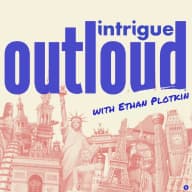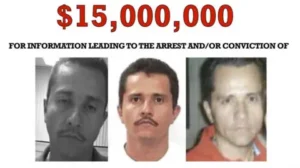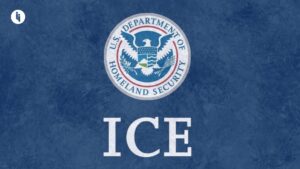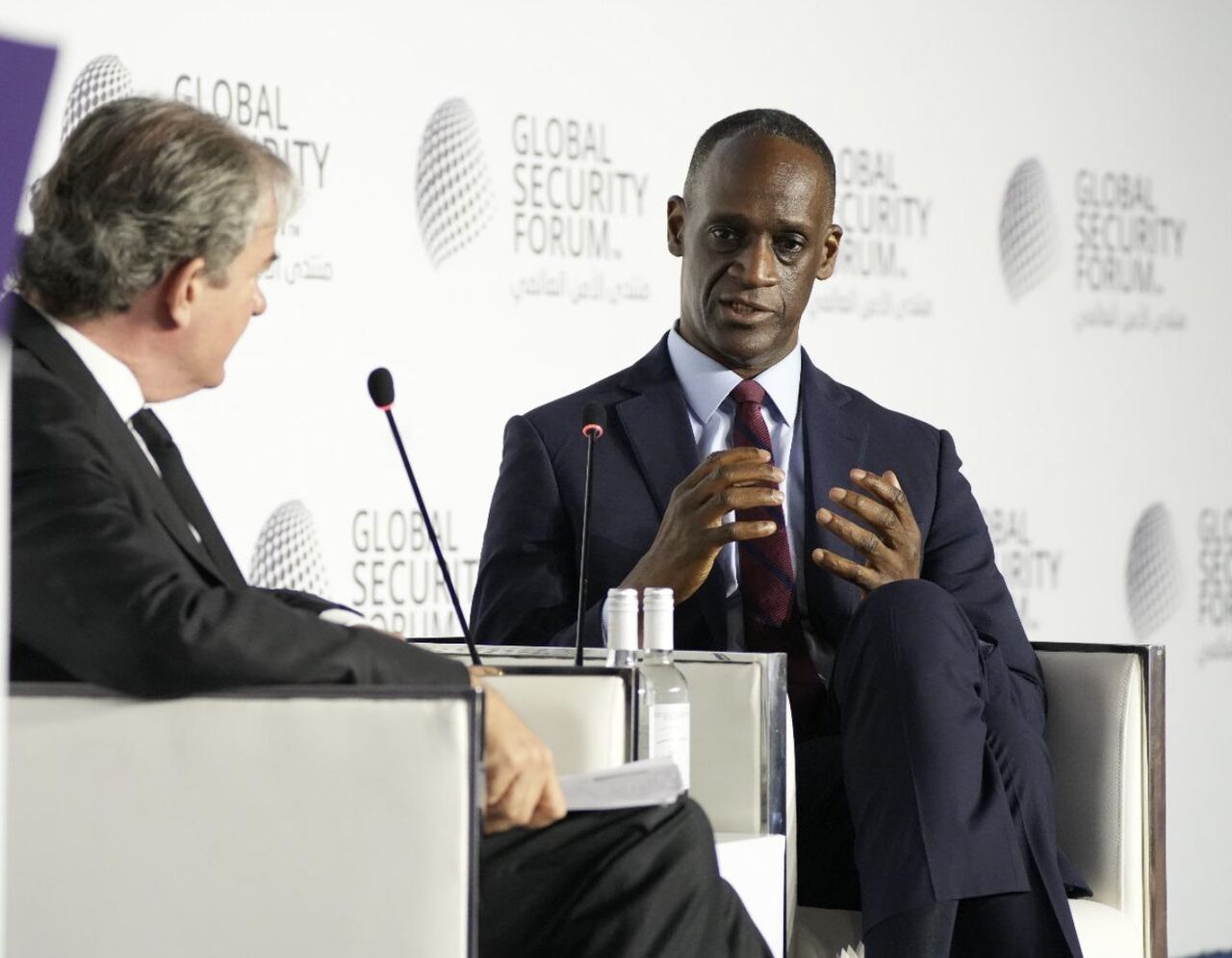DOHA — While US allies around the world are rethinking their position in a shifting Washington orbit, the Gulf is sitting comfortably, just weeks away from welcoming Donald Trump himself to the region.
The US ambassador to Doha, Timmy Davis, told a security audience this week that the president’s trip couldn’t come at a better time, saying the two countries have “built such a robust and comprehensive bilateral relationship.”
“Built” is a fitting term considering that in Trump’s first run as commander in chief, the US president seemed to endorse a diplomatic blockade imposed on Doha by Saudi Arabia, the UAE, Bahrain, and Egypt, which saw ties frozen, and air, land, and sea links cut. Accused of supporting terrorist groups, Doha increasingly seemed on the outer, despite hosting over 10,000 US troops at al-Udeid Air Base in Qatar.
Stay on top of your world from inside your inbox.
Subscribe for free today and receive way much more insights.
Trusted by 160,000+ subscribers
No spam. No noise. Unsubscribe any time.
But by February 2024, QatarEnergy was back naming its LNG vessels after Trump’s former secretary of state (Rex Tillerson), once the point man despatched to smooth over the diplomatic crisis.
Now fast forward to this week, and Eric Trump, the president’s son, announced the Trump Organization’s first overseas deal since his dad landed back in the White House — a luxury golf course with beachside villas in Qatar. It involves Qatari Diar, the real estate arm spun out from the country’s sovereign wealth fund.
Just days later (Thursday), Eric spoke at a packed crypto conference in Dubai, where he told a shoulder-to-shoulder audience that Abu Dhabi investors had chosen the Trump-backed stablecoin USD1 to close a $2B investment.
Meanwhile, Ambassador Davis emphasised the security dimensions at play, saying “when you’re asleep in the United States, it’s the al-Udeid Air Base that is keeping you secure.”
With business and diplomatic ties flourishing, few were surprised Trump chose Saudi Arabia, the United Arab Emirates, and Qatar for his first trip abroad under his second term (he’ll be there May 13 to 16). It follows in the footsteps of his first administration and is a region he already knew from his pre-White House business dealings.
Intrigue spoke to several Qatari Ministry of Interior employees who told us the US was likely Qatar’s “closest ally”, a sentiment they said was evident in their close business, diplomatic, and university ties (just don’t mention Texas A&M).
It’s true, Qatar has engaged closely with US diplomats over the past 18 months, both helping mediate Israel-Hamas talks. Qatar’s relationship with Hamas was once seen as a strategic weakness for Qatar, but has since become a crucial channel allowing Washington and others to communicate with the group.
“It is because Qatar has maintained a relationship with Hamas, has hosted Hamas, that we were able to get into the ceasefire arrangements,” Davis said, just hours after Qatar’s Minister of State, Hon. Dr. Mohammed bin Abdulaziz Al-Khulaifi, said the country is willing to serve as a “trusted mediator” with just about anyone.
For foreign diplomats, it makes the Gulf country an ideal posting — two diplomats Intrigue spoke to raved about their Doha stint as a location to see global deliberations happen in real-time, often privy to intel.
Anyway, Finland’s former foreign minister, Pekka Haavisto, warned this week that the US is a global superpower “because of its strong allies”, in a nod to current frayed US-Europe ties. But this week suggests the US is still focused on strong partnerships, but maybe just a little further east than Haavisto presumably had in mind.
Also worth noting
- US Special Envoy Steve Witkoff’s son is involved with Eric Trump’s crypto ventures in the Gulf, serving as co-founder of the World Liberty Fund, the company which created USD1.
- Gulf countries aren’t hedging all their bets in Washington, however. Just this week, Saudi Arabia’s Aramco signed a $3.95bn joint venture deal with China’s state-run Sinopec.






